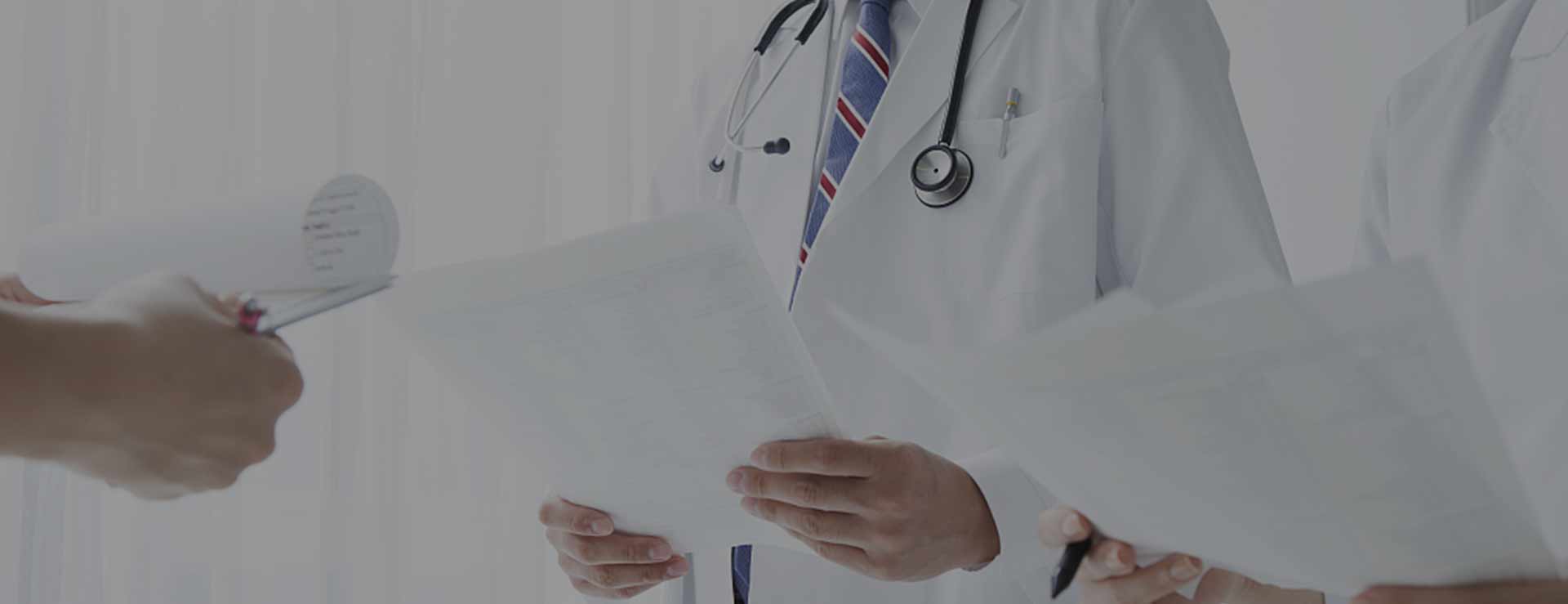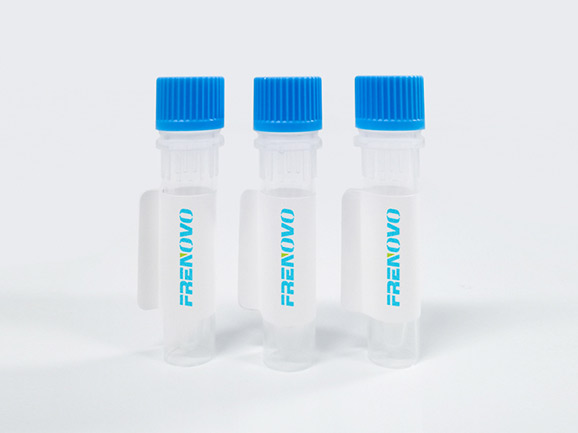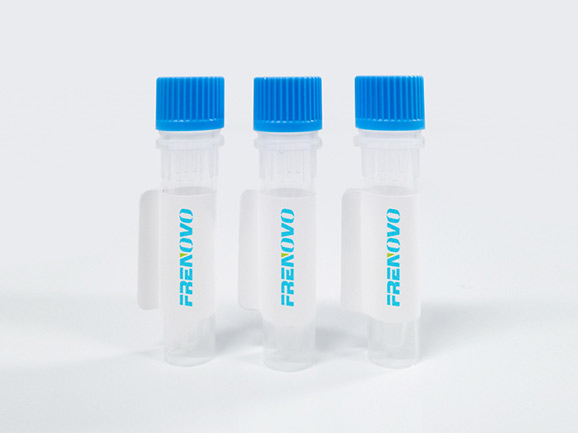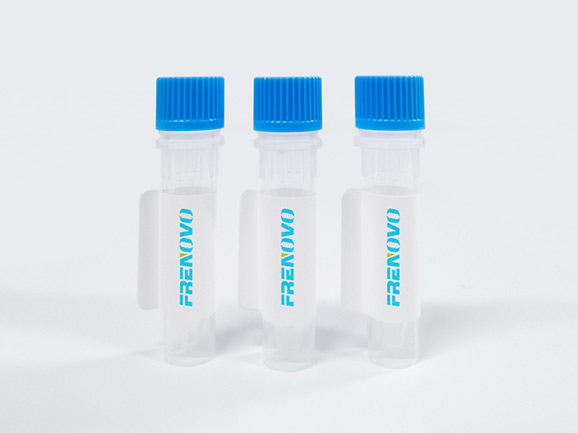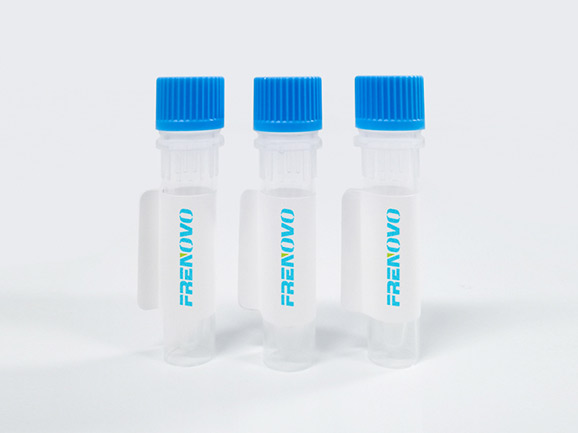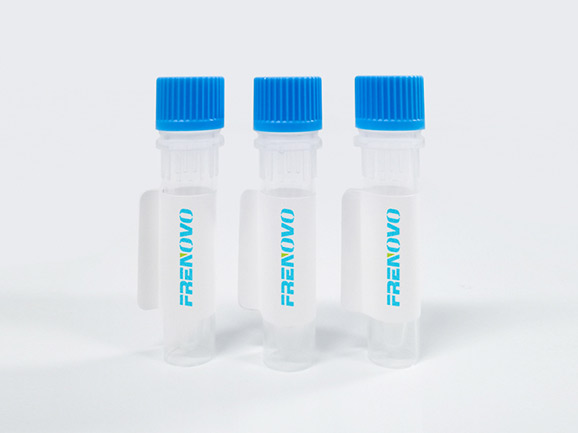

HIV virus can cause human immune system deficiency and its mutation is extremely rapid. There is no effective treatment, posing a great threat to human health.
HIV1/2 antibody detection is the gold standard for the diagnosis of HIV infection. HIV-0 is unique to Africa.
| Description | Type | Item NO | Source | Application | Recommend to use for |
| IV29 | rAg | GHCA051-2 | E.coli | EIA, LF, Fluorescent | Coating |
ASSAY PROCEDURE
Allow test cassette, whole blood or serum or plasma specimens, and/or controls to equilibrate to room temperature (15-30ºC) prior to testing.
1. Bring all reagents, samples and test cassettes to room temperature before performing the assay for approximately 30 minutes, be sure the solutions to be completely recovered to room temperature before proceeding to the next step.
2. Remove the test cassette from the aluminum foiled pouch and place it on a clean and dry surface.
3. Identify the test cassette for each sample.
4. When serum or plasma is collected, add 2 drops (approximately 80 µl) of the serum, plasma sample into the sample well. Then add 1 drop (approximately 30 µl) of the assay diluent. For each sample, use a separate dropper and test the cassette.
5. When whole blood is collected, one drop (approximately 15 µl) of the fingerprick whole blood sample or venipuncture whole blood sample. Then add 1 drops of the assay diluent. For each sample, use a separate dropper and test the cassette.
6. Read the test results within 15 minutes. Do not read the results after 20 minutes.
After HIV infection, HIV RNA may be detected within a week or so if quantified using HIV RNA. But if it takes longer, say two to three weeks, it's more likely to be detected by an HIV antibody test. If it is within the window period, it can also be combined with P24 antigen detection. At this time, HIV antibodies have not been produced, but HIV P24 antigen is already in the blood circulation, so it can basically be detected in about two weeks.
But most people can be tested, not everyone can be tested. If only HIV antibody testing is used, the window period can be slightly longer, even up to nearly 12 weeks. However, according to the corresponding data, do not think that the corresponding antibody can be produced significantly more than 12 weeks, so if it is possible to be infected with AIDS at 12 weeks or even later, check the HIV antibody, and a negative result can rule out their infection. the possibility of HIV.
There are several conditions to be tested for HIV:
1. Patients with acute or chronic symptoms of HIV infection.
2. HIV exposed persons, such as high-risk sexual behaviors and syringe needle injuries, should not only be tested if they are clearly exposed to HIV, but also should be evaluated for the need for post-exposure antiviral therapy.
3. Pregnant women should be routinely screened, even if they have been screened during previous pregnancies.
4. Seek pre-exposure antiviral therapy to prevent HIV infection for those who require testing for other sexually transmitted diseases.
5. High-risk groups should be tested more than once a year. In the case of gay men, sex is associated with HIV infection or unknown infection. Injecting drug users. Sex workers. Sex with HIV infection in bisexuals or injection drug use. Having unprotected sex with someone whose HIV status is unknown.
